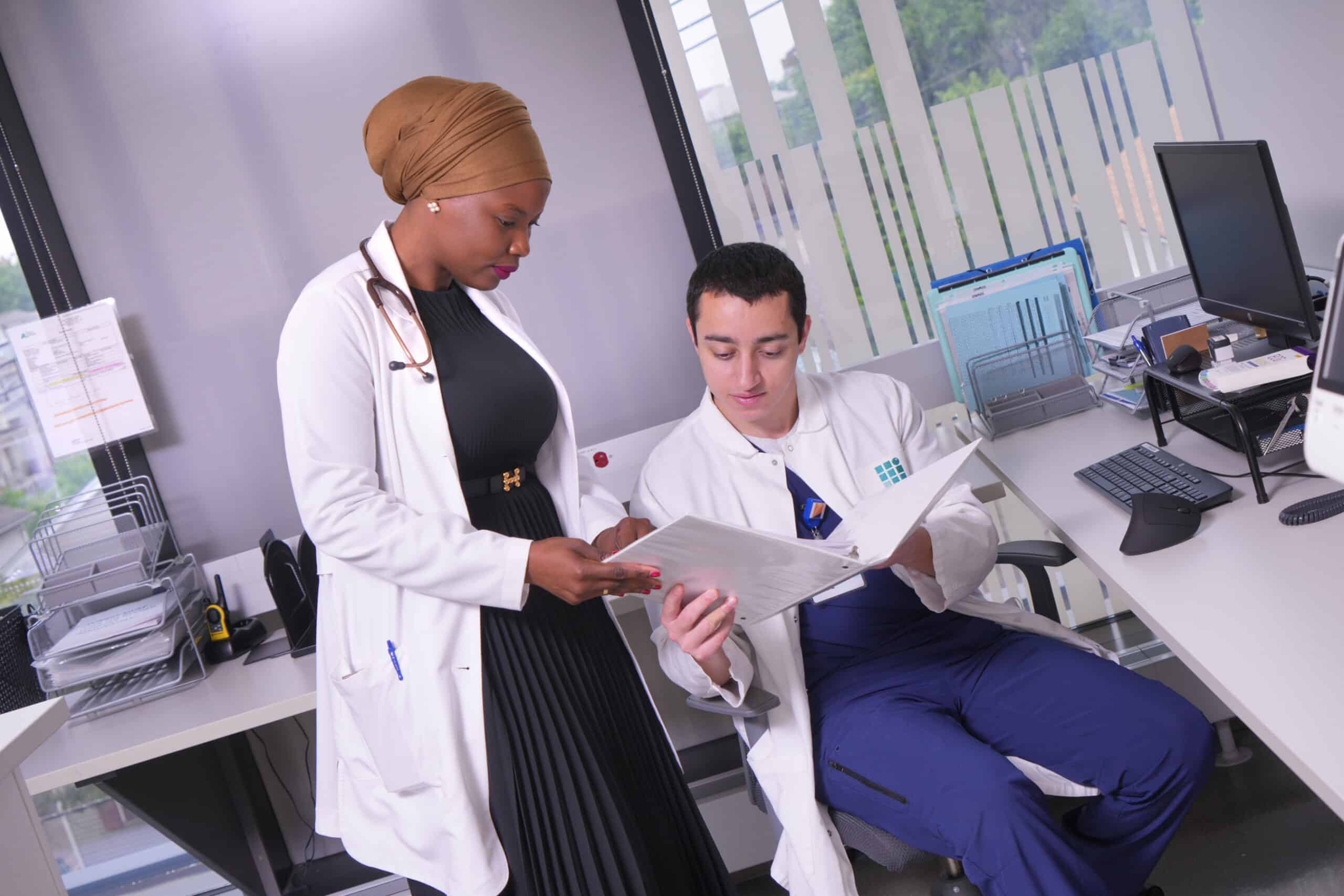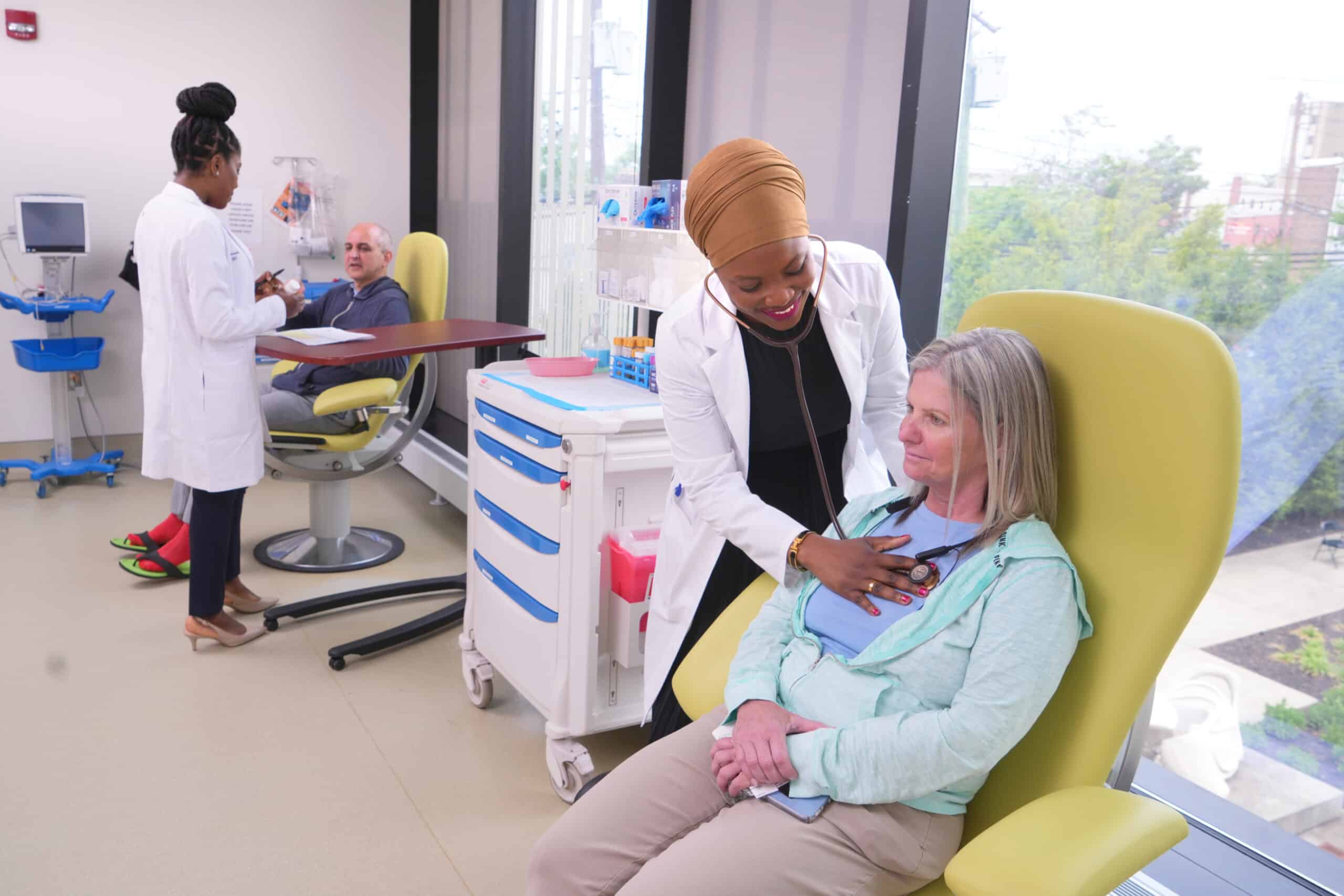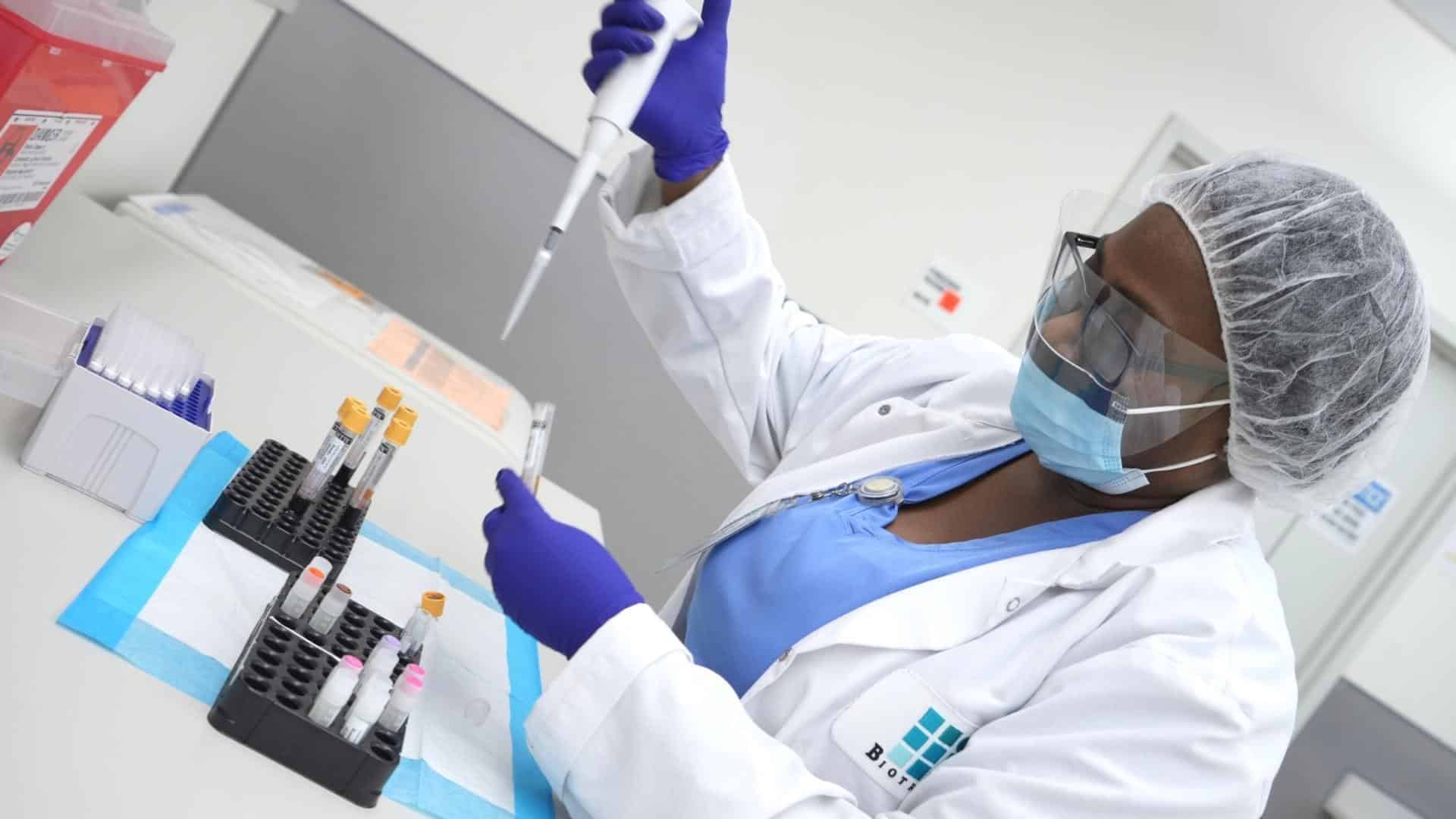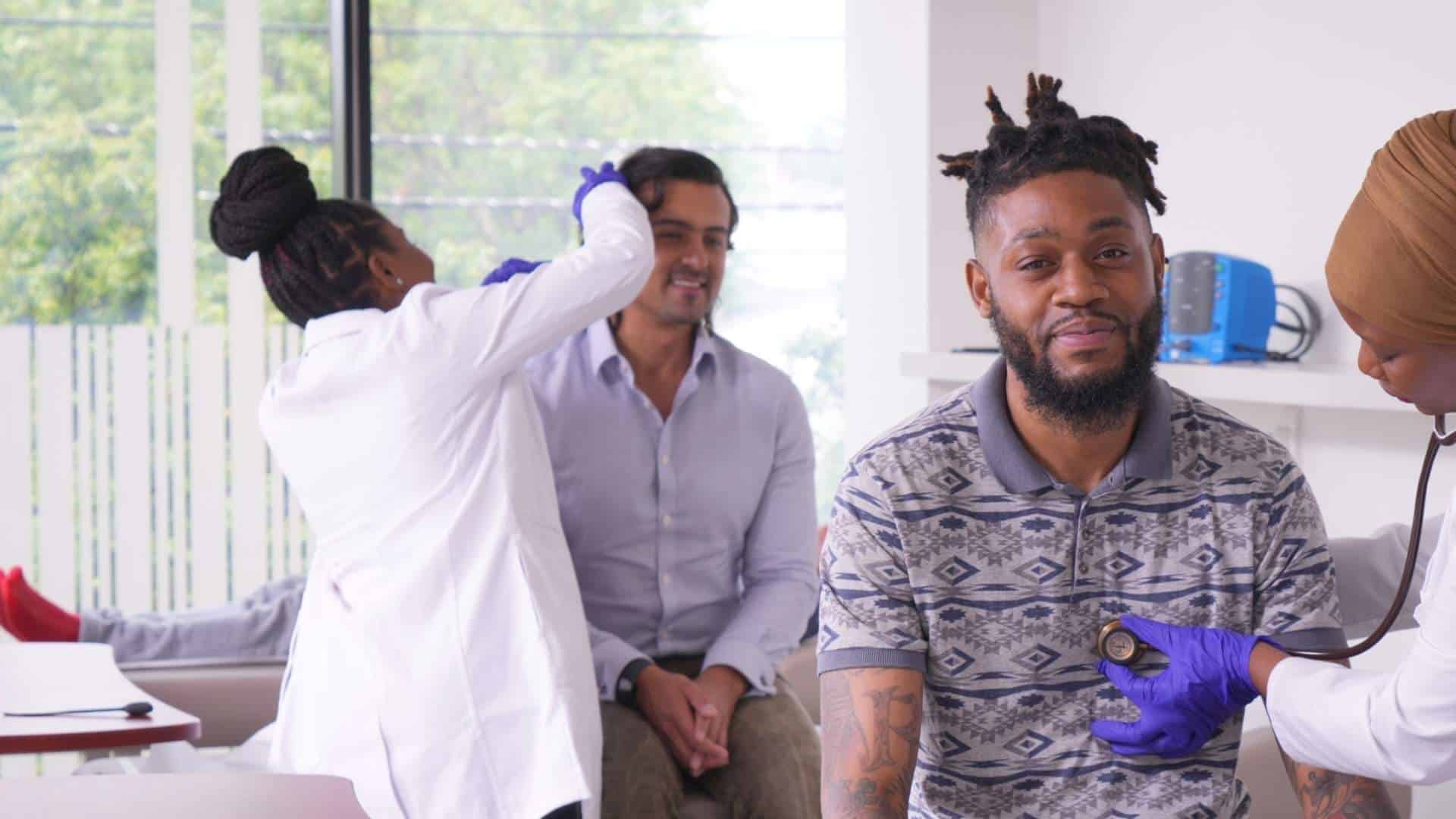Ensuring the safety of clinical trial subjects is a cornerstone of medical research. It is crucial to balance the quest for scientific knowledge with the moral obligation to protect those who volunteer for studies. This article explores the various strategies and protocols that medical teams employ to safeguard participants’ well-being.
Comprehensive Screening and Informed Consent
One of the first steps in ensuring safety is the thorough screening of potential participants. This involves evaluating their medical history, current health status, and any factors that might increase their risk of complications. Only those who meet the specific criteria of the study are selected.
Informed consent is a vital part of this process. Participants are provided with detailed information about the study, including its purpose, duration, potential risks, and benefits. This transparency allows them to make an educated decision about their participation. The consent is not a one-time process but a continuous dialogue throughout the study.
Rigorous Protocol Design and Review
Every study is governed by a carefully crafted protocol. These documents outline every aspect of the research, from dosage levels to testing procedures. The protocol is designed to minimize risks and discomfort for participants.
Prior to implementation, these protocols undergo extensive review. Ethical committees, often comprising medical professionals, ethicists, and laypersons, scrutinize the plans to ensure they meet ethical and safety standards. Their approval is mandatory before any study can commence.
Continuous Monitoring and Adverse Event Management
Once a study begins, continuous monitoring is key to maintaining safety. This involves regular health checks, tracking of symptoms, and thorough documentation of any adverse events. Medical teams are trained to identify and respond promptly to any signs of distress or unexpected reactions in participants.
In the event of an adverse reaction, protocols are in place for immediate intervention. This may include discontinuing the treatment, providing alternative care, or, in severe cases, hospitalization. The safety of the participant is always the primary concern.
Data Safety Monitoring Boards
An independent Data Safety Monitoring Board (DSMB) often oversees studies, especially those involving significant risks. This group of experts, independent of the research team, regularly reviews collected data for any indication of harm or benefit to participants. They have the authority to recommend modifications to the study or even halt it if necessary.
Ongoing Training and Professional Development
Finally, the expertise and professionalism of the medical team are crucial in ensuring participant safety. This includes doctors, nurses, technicians, and other supporting staff. They undergo rigorous training and are required to keep their knowledge up-to-date with the latest advancements in their fields. This continuous professional development ensures that they are equipped to handle any situation that may arise during a study.
The safety of clinical trial subjects is upheld through a multi-faceted approach involving careful participant selection, rigorous protocol review, continuous monitoring, independent oversight, and the expertise of a well-trained medical team. These measures reflect the medical community’s commitment to ethical research and the well-being of volunteers who contribute to the advancement of science.
If you’re interested in contributing to the advancement of medical science and exploring new healthcare solutions, consider participating in a study with Biotrial. At Biotrial, we prioritize the safety and well-being of our participants, adhering to the highest standards of ethical research. Join us in our journey to discover breakthrough treatments and medical innovations.




